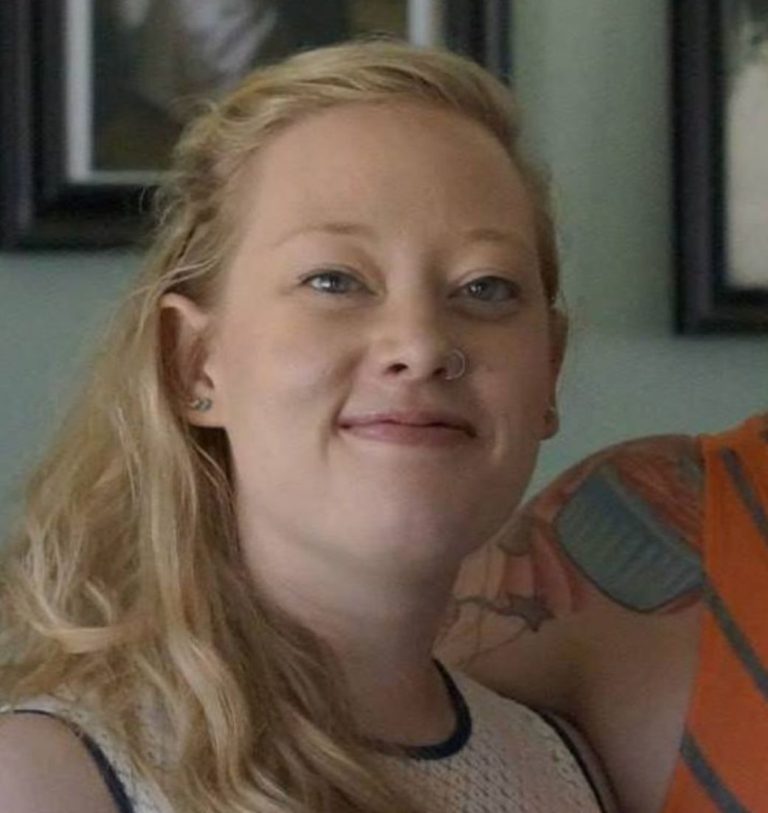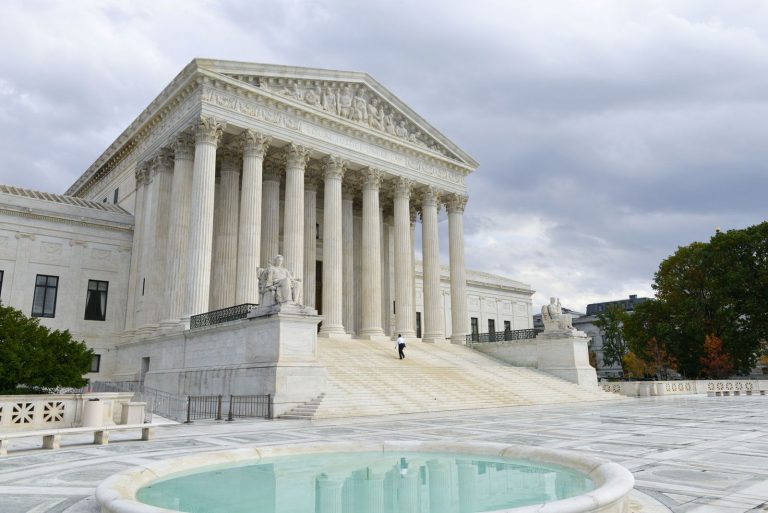NOTE: VIDEO AT THE END OF THE ARTICLE.
Despite relentless media coverage, political finger-pointing, and high-profile climate advocacy, recent polling suggests most Americans remain largely unmoved when it comes to concerns over climate change. That revelation came straight from CNN’s own senior data reporter, Harry Enten, during a Thursday broadcast analyzing long-term public sentiment on the issue.
Enten, citing fresh Gallup polling, revealed that only 40% of Americans say they are “greatly worried” about climate change—a noticeable drop from 46% in 2020, and virtually unchanged from the 39% recorded in 1989. The numbers have fluctuated only slightly over the decades, painting a picture of a public that’s consistently skeptical or indifferent to alarmist narratives.
“Are Americans concerned about climate change? The answer is: Americans aren’t afraid of climate change,” Enten said. “Climate activists have not successfully made the case to the American people.”
His data-driven breakdown undercuts recent attempts by politicians and climate advocates to link specific weather disasters—like the devastating Central Texas flood that killed over 120 people—to global climate shifts. While figures such as CNN’s Dana Bash, Rep. Joaquin Castro, and even Bill Nye have attempted to draw direct lines between fossil fuel use and the disaster, the public’s reaction suggests the messaging is falling flat.
“These numbers haven’t moved despite all of these horrible weather events,” Enten emphasized. “The percentage of Americans that are greatly worried about climate change has stayed pretty gosh darned consistent.”
The Gallup poll also revealed a decline in the number of Americans who worry about being the victim of a natural disaster. In 2006, 38% expressed concern; today, that figure stands at just 32%.
Enten went further, breaking down public perceptions by political affiliation. When asked if climate change would make it harder to remain in their local area:
-
Only 6% of Republicans said yes
-
16% of Independents agreed
-
Just 27% of Democrats believed it would impact their ability to stay where they live
“That’s across the board—very low numbers,” Enten explained. “Even among Democrats, only about a quarter think climate change will make life harder where they are.”
Meanwhile, the emotional and political fallout from the Texas flood continues. The flood, which swept through Camp Mystic, a Christian summer camp for girls, claimed the lives of 27 children. At least 150 people remain missing. But as tragic as the event is, historical records show similar, devastating floods have occurred long before climate change was a mainstream concern.
Examples include the Johnstown Flood of 1889, which killed over 2,200 people, and the Mississippi River Flood of 1927, which left hundreds of thousands homeless. These events remind the public that nature’s fury is not a new phenomenon.
As recovery efforts in Texas continue, the broader political push to frame every weather disaster through the lens of climate change appears to be losing traction. The data, it seems, tells a different story—and Americans just aren’t buying the hype.
PLAY:

Sarah Mitchell is a bestselling novelist recognized for her insightful and emotionally resonant stories that explore the complexities of human relationships. Originally from Denver, Colorado, Sarah grew up in a family of teachers who nurtured her curiosity and love for storytelling. She studied psychology at Stanford University, where she became fascinated by the intricacies of human behavior—an interest that would later shape her writing career. Sarah’s novels are praised for their nuanced characters, intricate plots, and ability to capture the subtle tensions that define love, friendship, and family ties. Her breakthrough novel, The Spaces Between Us, became an instant bestseller, lauded for its honest portrayal of strained family relationships and the fragile bonds that hold people together. Since then, she has published several works that continue to captivate audiences around the world. Outside of her writing career, Sarah is passionate about mental health advocacy and often partners with organizations to promote awareness and support for those struggling with emotional well-being. Her personal life is quieter—she enjoys hiking in the Colorado mountains, practicing yoga, and spending time with close friends. With each new book, Sarah Mitchell cements her reputation as a writer who illuminates the beauty and struggles of human connection.








